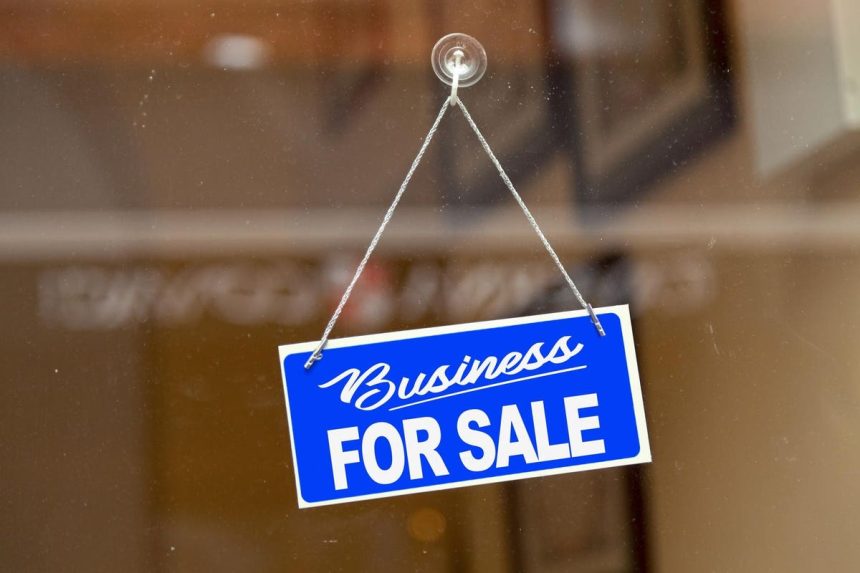When a franchisee makes the decision, for whatever reason, that the time has come for them to exit the business then the likelihood is that they will place their franchise up for sale. A franchise resale can present a very attractive opportunity for a would-be buyer, as it is the chance to take over an already established business as a going concern.
In most cases the the selling franchisee will have already got the business off the ground, meaning that the inherent risk of buying a new and not yet established business is minimised. The franchise should be generating income and should come with an existing customer base and associated goodwill, as well as any relevant stock, equipment and systems and processes in place.
With a franchise resale, there are three parties involved. The contract for sale will be between the selling franchisee and the potential buyer. They will agree between them the purchase price for the business and the terms of the sale. But the franchisor will also be involved. Under the terms of the franchise agreement it is likely that the franchisor will need to approve the sale – just as with the recruitment of any new franchisee. the franchisor will want and need to be satisfied of the buyer’s suitability to become the new owner of the franchise and join their franchise network.
From a buyer’s perspective, when considering a franchise resale it is vital to carry out the same due diligence that would be undertaken with the purchase of a brand new franchise direct from the franchisor. Five key things to consider are:
Why is the franchise being offered for sale?
There are a variety of reasons why a franchisee might decide to put their business up for sale. It could be due to retirement, ill health or a change in personal circumstances. It may be that a profitable sale at a certain point in the business journey has always been their plan. However it may be because they have fallen out of love with the business or the brand, that the franchise is not performing to their expectations, or that the franchisor-franchisee relationship has become strained or untenable. It’s important for any buyer to get to the root of the decision and to feel confident that they won’t be taking on a poisoned chalice. Research into the franchise brand and the track record of the franchisor is also vital.
How has the franchise been valued?
The selling franchisee will have set their sale price, often but not always with some guidance and input from the franchisor. They should provide the potential buyer with all of the necessary financial, management and performance data and the buyer should seek to verify these with the franchisor too. An accountant will be able to consider this information and assess if the valuation placed on the business is a fair and reasonable one.
Is the franchise performing well and what scope is there to develop it further?
As well as drilling down into the numbers, a prospective buyer should research the reputation of the business locally and its overall performance. If the franchise is not performing well or the outgoing franchisee is not developing its full potential, then some serious questions need to be asked. An under-performing franchise can still offer a rewarding opportunity for the right buyer who has the skills and attributes to turn it around. But this is a riskier enterprise and the franchise selling price should reflect this.
What transition arrangements will be put in place?
As with the purchase of any new franchise, the incoming owner of an existing business will need to receive full training from the franchisor so that they are able to run the business in line with the franchise brand’s systems and procedures, as well as ongoing support. But in most resale scenarios there will also be a handover or transition period whereby the outgoing franchisee agrees to remain on hand for a set duration to provide some hands-on local training and support, introduce the new owner to customers and so on. It’s important for the parameters and duration of this transition period to be included as part of the negotiation process and agreed in advance – the seller may be keen to walk away as soon as possible but the buyer will want and need to tap into their knowledge and expertise so that they can hit the ground running quickly.
Is there a non competition clause?
The very last thing any buyer would want when taking over a franchise is to find that the seller then sets up a new business in competition just down the road. The original franchise agreement between franchisor and franchisee is likely to include a non compete clause or restriction but this would rely on the franchisor to take steps to enforce it if a breach occurred. A buyer should ask and feel confident in the answers to questions about the seller’s plans and intentions post-sale and should ensure that a non competition clause is written into the contract for sale between the outgoing franchisee and the new owner of the franchise.
A franchise resale can present an attractive and exciting opportunity to invest in an already established and successful business, with the support and backing that comes with being part of a franchise network. But just as with the purchase of any new business, it requires careful consideration, research, due diligence and professional advice. Investigations and negotiations may often need to be handled sensitively in a resale situation, however this does not mean that the buyer should be frightened of asking the right questions to get all of the information that they need to reach a decision before signing on the dotted line.
Read the full article here









